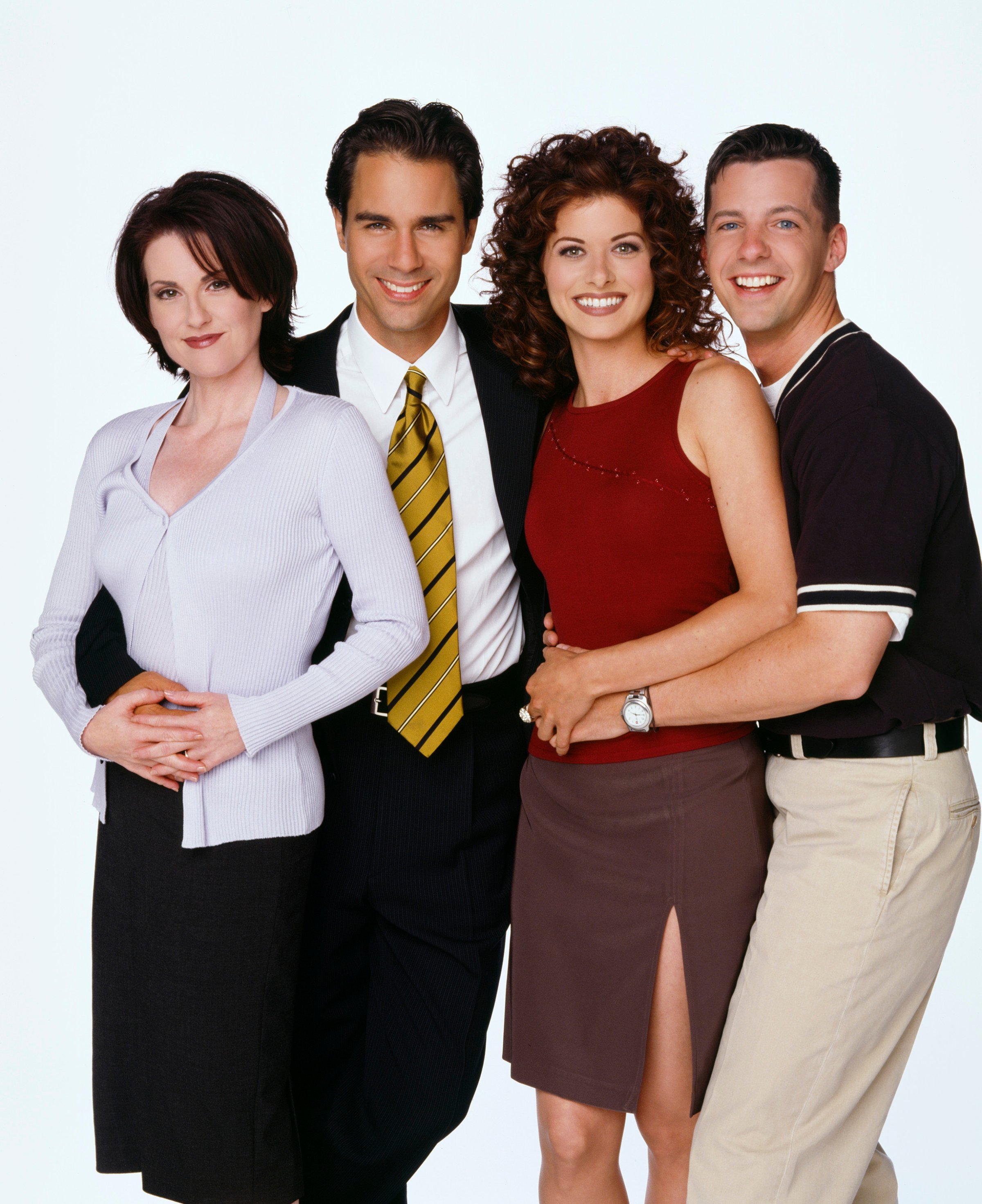
The news that Will & Grace is to be returning for a 10-episode season on NBC comes as no surprise: The show’s actors have made no secret of their desire to return to the show’s luxe fictional Manhattan, and have spent much of the decade the show has been off the air burnishing its reputation as a pathbreaking part of the LGBT civil rights struggle. The actors also showed how game they were by taking part in an election-themed video that culminated with Jack deciding to vote for Hillary Clinton on the basis of Katy Perry’s endorsement; that video was so professionally made and tightly written, in the classic-sitcom sense, that it served as an advertisement for everyone’s skills. And, of course, the revival comes at what seems like the very high point of TV revivals, as a reboot of any once-popular show (from Prison Break to Gilmore Girls) seems likelier to attract a slice of the divided TV audience than an entirely new project.
But beyond all of those facts, the return makes a sort of spiritual sense, too. Thanks to its depiction of two gay men, Will & Grace gets an inordinate amount of credit for being as “woke” as a 1990s sitcom can be. And yet even its 2016 viral-video incarnation was characterized by broad and sloppy humor at the expense of those perceived as outsiders, including people who were at that time undecided voters in the Rust Belt and Karen’s Latina maid Rosario.
Will & Grace had legitimate achievements, to be sure, but it’s worth noting that its selective attitude towards its characters’ humanity feels most suited to harsh times. The show’s white gay men could sometimes be narcissistic but were also undergoing a journey towards self-actualization. Meanwhile, just about everyone else came in for harsh mockery. The show seemed to see itself as a uniter, an equal-opportunity offender—and yet its protagonists always got to demonstrate their own will and grace in the face of life’s obstacles, while anyone outside the circle was just an oaf. The character of Rosario in particular is a startling artifact: The argument could be made that she’s wiser than our main characters, but the level of vitriol that’s dished her way on the basis of her ethnicity is a lot to bear.
The commercial imperative to bring back Will & Grace pushes past a couple boundaries of sense, including the fact that the series ended with Will and Grace falling out of touch for years. According to the show itself, they were not on speaking terms in 2017, a decision the revival is extremely unlikely to honor. But while it isn’t great that any decision made by a show’s creative team is reversible, that’s the TV business. The show fits too neatly into the cultural landscape of 2017 to be left on the shelf. Rather than aging it, the show’s mean-spirited humor makes it perfectly suited to our times.
Will & Grace is at its core a depiction of four wealthy white people who see themselves as entitled to deride every person unlike them because they’re gay or gay-friendly. It hits uncomfortably close to home at a time when many liberal-minded viewers are tempted to retreat into conclaves of the like-minded, forced to face the reality of how little they knew about America. This show, in its outsized and wild prejudices, assures the viewer that his own subtle prejudices are a normal part of life. It would have been an odd and queasy fit in the Obama era, when liberal viewers seemed more united under a shared platform and any entertainment that fell short of perfect intersectionality came in for widespread criticism. But as division flourishes, that piano theme song will be music to many viewers’ ears.
More Must-Reads from TIME
- Why Trump’s Message Worked on Latino Men
- What Trump’s Win Could Mean for Housing
- The 100 Must-Read Books of 2024
- Sleep Doctors Share the 1 Tip That’s Changed Their Lives
- Column: Let’s Bring Back Romance
- What It’s Like to Have Long COVID As a Kid
- FX’s Say Nothing Is the Must-Watch Political Thriller of 2024
- Merle Bombardieri Is Helping People Make the Baby Decision
Contact us at letters@time.com